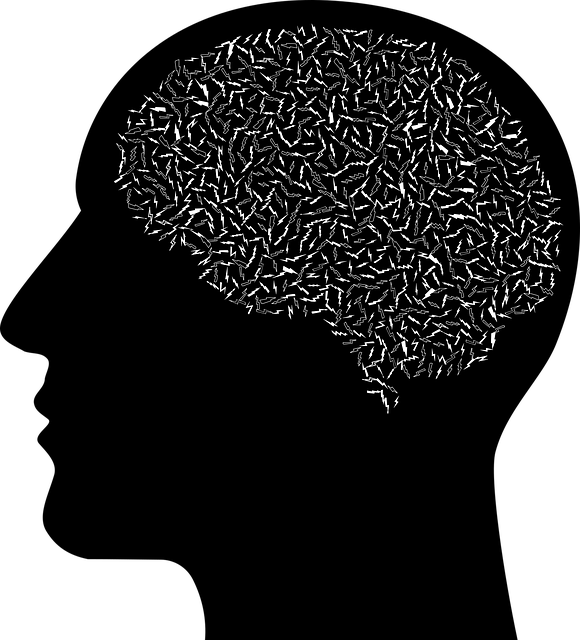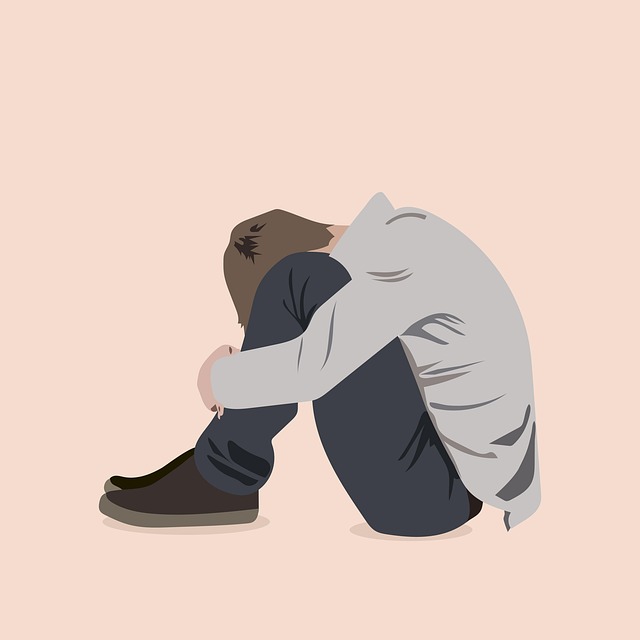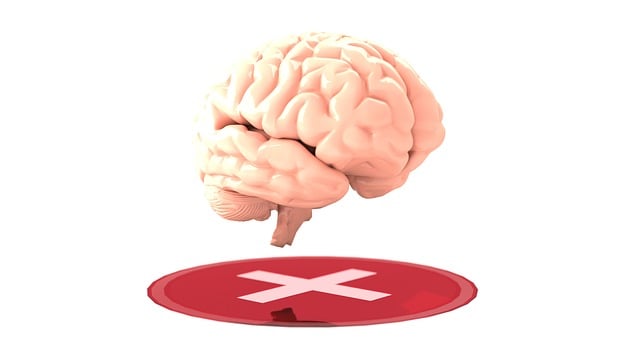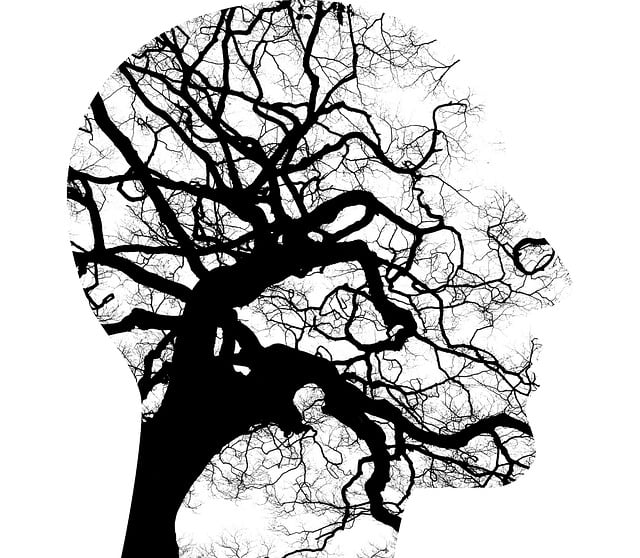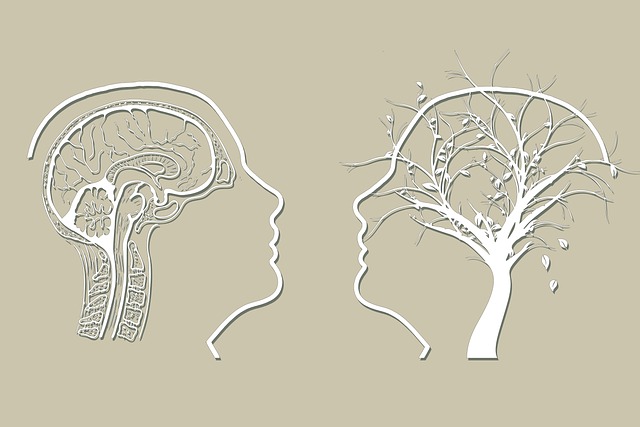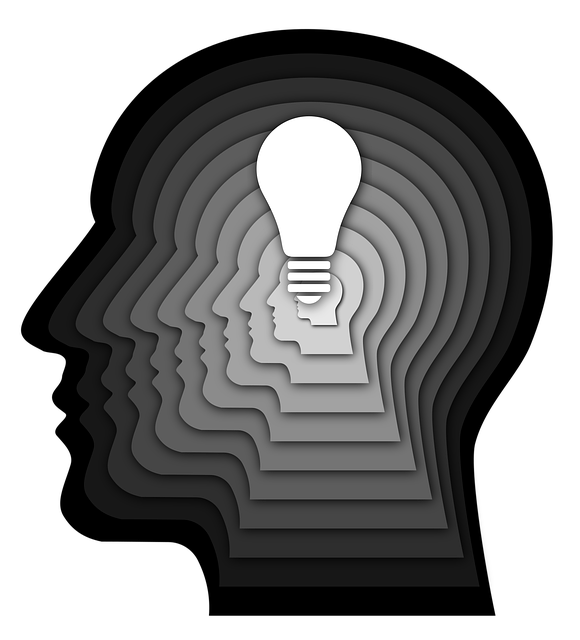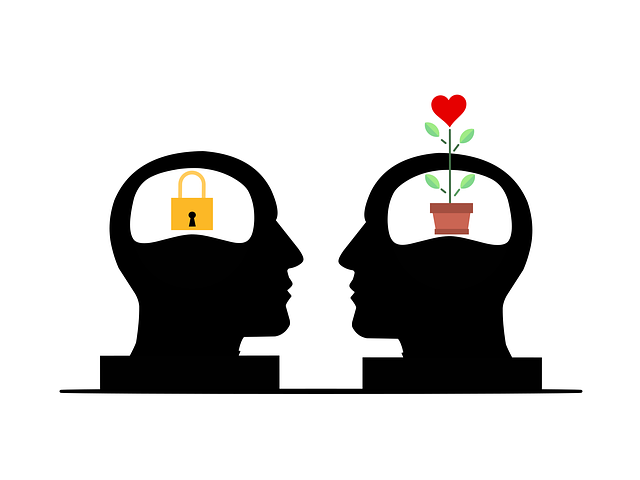Adolescence presents unique challenges, including academic pressures, social expectations, and identity formation, which can heighten stress responses affecting emotional well-being. Effective therapy for adolescent teens combines Mind Over Matter principles with CBT to teach coping strategies and promote resilience. Therapists-clinicians with cultural competency training integrate mindfulness, relaxation practices, and social skills training to empower teens with self-efficacy, enhancing their overall well-being. Supportive therapies like CBT create safe spaces for adolescents to manage anxiety disorders, improving self-esteem and fostering positive mental health awareness.
Anxiety among adolescent teens is a prevalent concern, often manifesting as a complex web of challenges. This article delves into effective management techniques tailored for this demographic, focusing on cognitive behavioral therapy (CBT), mindfulness, and supportive therapies. For therapists and clinicians, understanding these strategies is pivotal in providing targeted interventions to empower teens facing anxiety. By exploring these approaches, we aim to offer practical insights for navigating the intricate landscape of adolescent mental health.
- Understanding Adolescent Anxiety: Unveiling the Challenges Faced by Teens
- Cognitive Behavioral Therapy (CBT): A Powerful Tool for Managing Anxiety
- Mindfulness and Relaxation Techniques: Empowering Teens to Find Calm
- Supportive Therapies and Clinical Strategies for Effective Anxiety Intervention
Understanding Adolescent Anxiety: Unveiling the Challenges Faced by Teens

Adolescent anxiety presents unique challenges distinct from adult experiences. Teens navigate a complex web of academic pressures, social expectations, and rapid identity formation, all while their brains are still developing. This period is often marked by heightened stress responses, with even minor setbacks feeling like insurmountable barriers. The impact can be profound, affecting not only emotional well-being but also academic performance and interpersonal relationships.
Therapy for adolescent teens plays a pivotal role in addressing these issues. Therapists-clinicians equipped with cultural competency training and sensitivity to various socio-cultural contexts can effectively support this demographic. By integrating Mind Over Matter principles, professionals can help teens develop coping strategies that challenge negative thought patterns and promote resilience. This tailored approach not only alleviates symptoms but also fosters a sense of self-efficacy crucial for navigating the complexities of adolescence.
Cognitive Behavioral Therapy (CBT): A Powerful Tool for Managing Anxiety

Cognitive Behavioral Therapy (CBT) is a highly effective tool for managing anxiety, especially among adolescent teens. This therapy focuses on identifying and changing negative thought patterns and behaviors that contribute to anxious feelings. By helping therapists-clinicians guide their young clients to recognize these patterns, CBT empowers them to develop inner strength and build healthier responses to stress.
For mental health professionals, integrating CBT into crisis intervention guidance is crucial for risk management planning. This therapy provides a structured approach that allows therapists to teach teens practical coping strategies, enabling them to navigate anxious situations with increased resilience. Through systematic exposure to fears and challenges, CBT not only reduces symptoms of anxiety but also fosters overall well-being, making it a valuable asset in any therapy setting.
Mindfulness and Relaxation Techniques: Empowering Teens to Find Calm

Anxiety management techniques such as mindfulness and relaxation practices are powerful tools for empowering teens to find calm and cope with stress. These evidence-based approaches, often incorporated into therapy for adolescent teens by therapists-clinicians, offer a safe space for young individuals to cultivate present-moment awareness and develop effective coping strategies. By learning simple yet profound techniques like deep breathing exercises or guided imagery, teens can better navigate their emotional responses and enhance their overall well-being.
Cultural sensitivity in mental healthcare practice plays a crucial role here, ensuring that these therapeutic methods resonate with the diverse backgrounds and experiences of adolescent teens. Social skills training, combined with positive thinking strategies, further reinforces the benefits, enabling teens to build resilience and foster healthier relationships. Through dedicated practice, mindfulness and relaxation techniques become integral parts of a teen’s mental healthcare arsenal, empowering them to actively manage their anxiety and lead more fulfilling lives.
Supportive Therapies and Clinical Strategies for Effective Anxiety Intervention

For adolescents experiencing anxiety, supportive therapies offer a safe space to process their feelings and develop effective coping strategies. Therapies such as cognitive-behavioral therapy (CBT) have proven highly successful in treating anxiety disorders in teens by identifying and changing negative thought patterns and behaviors. This approach empowers young individuals to manage their anxiety symptoms and improve their overall well-being.
Clinicians and therapists play a pivotal role in facilitating these transformations through evidence-based clinical strategies. They guide adolescents in learning relaxation techniques, mindfulness practices, and stress reduction methods like deep breathing exercises and progressive muscle relaxation. Additionally, focusing on self-esteem improvement is integral to the process, as building confidence and fostering a positive sense of self can significantly contribute to anxiety management and overall mental health awareness.
Anxiety management techniques are vital tools in the therapist-clinician’s arsenal when addressing the unique challenges faced by adolescent teens. By combining evidence-based approaches such as Cognitive Behavioral Therapy (CBT) with mindfulness practices, professionals can empower young individuals to navigate and overcome anxiety effectively. These strategies not only provide short-term relief but also foster long-lasting resilience, enabling teens to lead more balanced and fulfilling lives. For therapists, staying informed about the latest clinical interventions ensures they offer tailored support, catering to the diverse needs of their adolescent clients.

